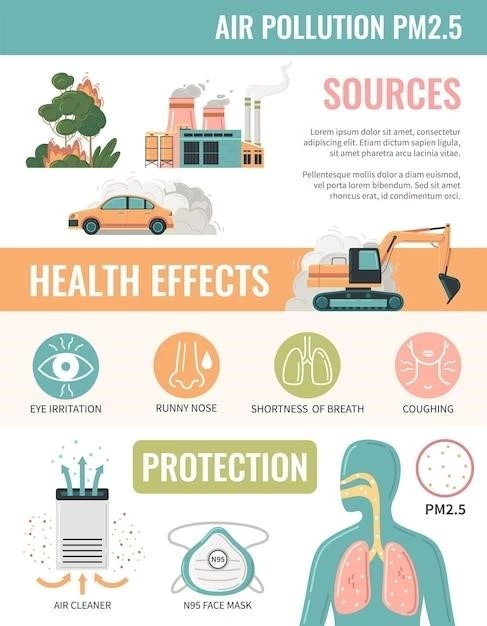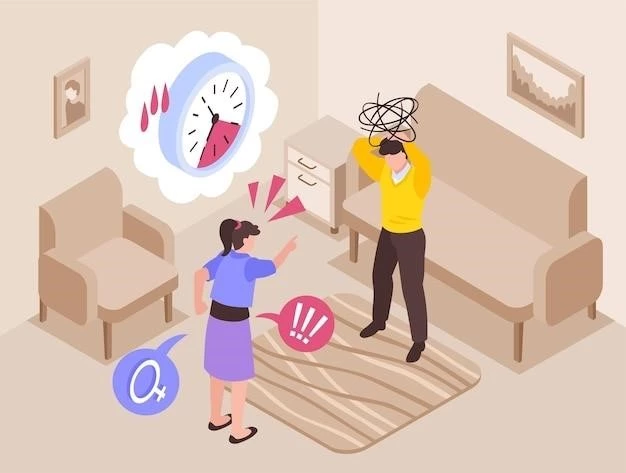Overview of Central Hypoventilation Syndrome
Learn about the causes, symptoms, treatment options, prognosis, role of genetics, diagnosis, management strategies, and research updates of Central Hypoventilation Syndrome.
Understanding the Causes, Symptoms, Diagnosis, and Treatment Options
Acquired Central Hypoventilation Syndrome can be caused by neurological conditions, certain medications, or brainstem damage. Symptoms include shallow breathing, fatigue, and sleep disturbances. Diagnosis involves sleep studies and genetic testing. Treatment may consist of respiratory support, ventilatory assistance, and medication. Consult a healthcare provider for proper evaluation and personalized treatment plan.
Causes of Acquired Central Hypoventilation Syndrome
Explore neurological conditions, medications, and brainstem damage as potential causes. Consult a healthcare provider for evaluation.
Identifying Potential Factors Leading to the Condition
Factors such as underlying medical conditions, respiratory muscle weakness, or damage to the brainstem can contribute to Central Hypoventilation Syndrome. Seek medical advice for proper evaluation and management based on individual circumstances.
Symptoms of Central Hypoventilation Syndrome
Recognize shallow breathing, fatigue, poor exercise tolerance, and sleep disturbances. Seek medical evaluation for proper diagnosis and treatment.
Recognizing the Signs and Symptoms of the Disorder
Central Hypoventilation Syndrome manifests as shallow breathing, daytime fatigue, difficulty concentrating, morning headaches, and poor growth in children. Early recognition is crucial for timely intervention and improved quality of life. Consult healthcare providers for further evaluation and management tailored to individual needs.
Treatment Options for Central Hypoventilation Syndrome
Consider respiratory support, ventilatory assistance, and medication under the guidance of healthcare professionals for effective management.
Exploring Therapeutic Approaches and Interventions
Therapeutic strategies for Central Hypoventilation Syndrome may include non-invasive ventilation, respiratory muscle training, and lifestyle modifications. Work closely with healthcare providers to develop a comprehensive treatment plan tailored to your specific needs and preferences.

Prognosis of Acquired Central Hypoventilation Syndrome
Early diagnosis and appropriate management can significantly improve the long-term outlook. Consult healthcare professionals for personalized care.
Understanding the Long-Term Outlook and Management of the Condition
Central Hypoventilation Syndrome requires lifelong management. Regular follow-ups, adherence to treatment plans, healthy lifestyle choices, and emotional support are essential for optimizing quality of life. Collaboration with a multidisciplinary healthcare team can assist in addressing individual needs and ensuring comprehensive care.
Role of Genetics in Central Hypoventilation Syndrome
Genetic factors play a significant role in the development of Central Hypoventilation Syndrome. Consult with a genetic counselor for personalized insight.
Examining the Genetic Factors Contributing to the Development of the Syndrome
Genetic abnormalities, particularly in PHOX2B gene, are linked to Central Hypoventilation Syndrome. Genetic testing and counseling can provide valuable insights into the underlying genetic factors influencing the condition. Collaborate with genetics specialists for comprehensive evaluation and management.
Diagnosis of Acquired Central Hypoventilation Syndrome
Accurate diagnosis involves sleep studies, genetic testing, and thorough evaluation by healthcare professionals. Seek prompt medical attention.
Detailing the Diagnostic Process and Tests Involved
Diagnosing Central Hypoventilation Syndrome may include polysomnography, arterial blood gas analysis, genetic testing for PHOX2B mutations, and imaging studies. Collaboration between sleep specialists, pulmonologists, and genetic counselors is crucial for an accurate and comprehensive diagnosis. Follow healthcare provider recommendations for a tailored diagnostic approach.
Management Strategies for Central Hypoventilation Syndrome
Implement non-invasive ventilation, respiratory therapy, lifestyle adjustments, and regular monitoring for effective management. Consult healthcare providers.
Advising on Effective Ways to Manage and Improve Quality of Life
Enhance quality of life with regular follow-ups, staying active, maintaining a healthy diet, managing stress, and adhering to prescribed treatment plans. Seek support groups and resources for emotional well-being. Collaborate with healthcare professionals to address individual needs and optimize overall health.
Research Updates on Central Hypoventilation Syndrome
Stay informed about the latest advancements, clinical trials, and research studies to better understand and manage Central Hypoventilation Syndrome. Consult reputable sources for information.
Reviewing the Latest Findings and Advancements in the Field
Exploring current research on Central Hypoventilation Syndrome can provide insights into novel treatment approaches, genetic discoveries, and potential breakthroughs; Engage with healthcare professionals and participate in clinical trials to contribute to the advancement of knowledge in the field.
